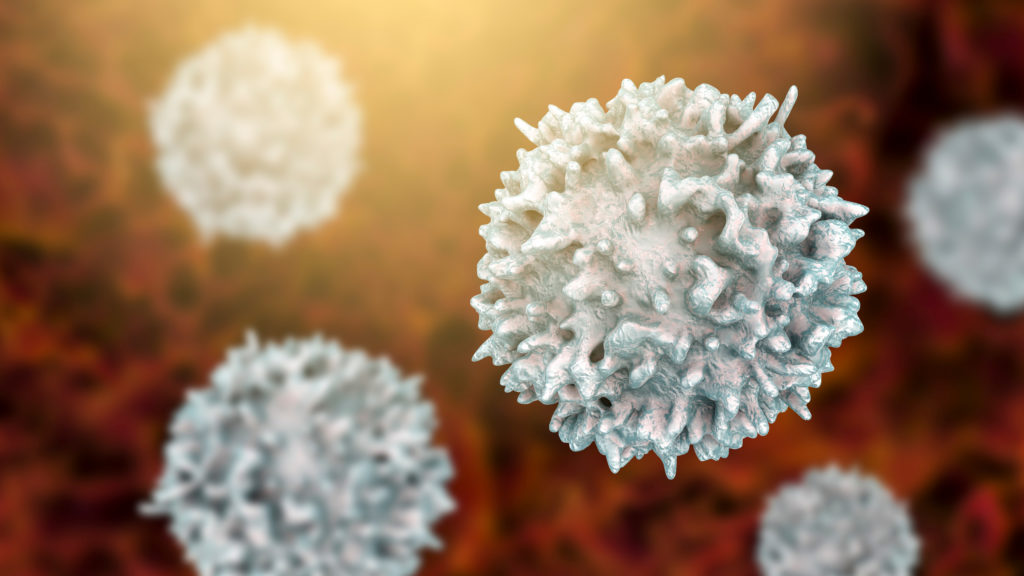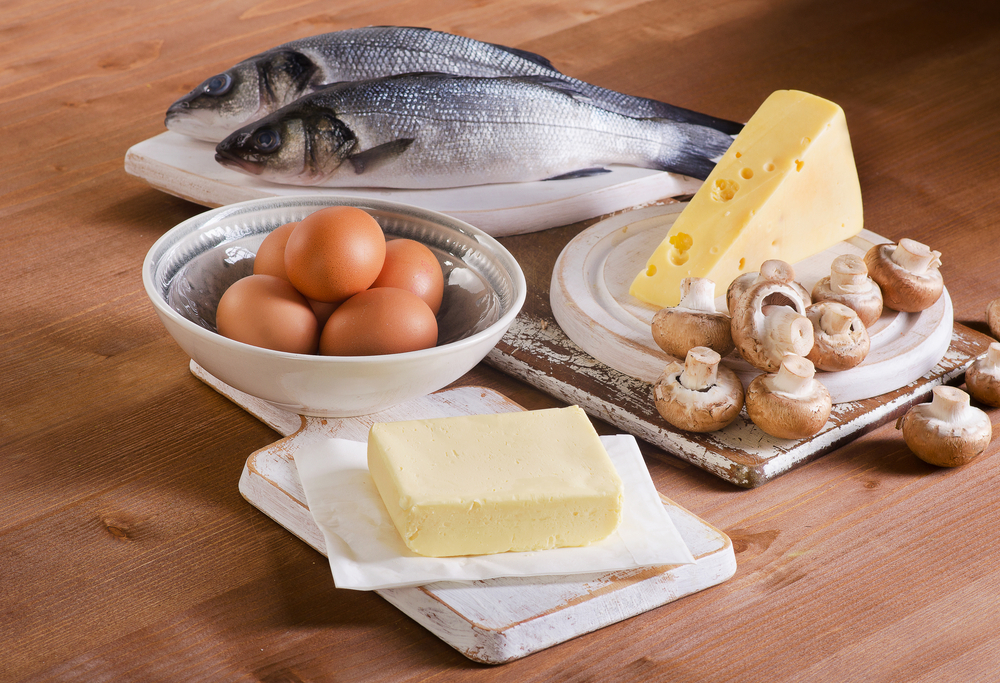As we all know, vitamin D is something we generally call “the sunshine vitamin” because it is produced in your skin by the interaction of UV light from the sunshine and cholesterol. Vitamin D plays a variety of essential roles in your health from the absorption of calcium – to bone health and even hormonal health. What we want to talk about specifically right now is the part that it plays in your immune system.
The Role of T Cells in Your Immunity
Within your immune system, t cells play a vital role in moderating the response of your immunity to different things that may or may not be classified as an invader in your body. It’s critical that your body knows the difference between healthy tissues, “self,” as we call it, and things that may be classified as “invaders,” which are things that may or may not be welcoming to your body.

Vitamin D ensures that your immune system has a strong enough response so that if you do come across bacteria, viruses, or yeast – it will respond correctly to those invaders as something that shouldn’t be in your body, and activate all the potent “killer cells” to get rid of them.
Proper Immune Response: Self vs. Invader
By making sure we have healthy t cell function, Vitamin D is also making sure that your immune system doesn’t improperly respond to “self.” What we most commonly call that is autoimmunity, where you’re getting an immune response that is improper to matters of your “self” and to your own tissues. T cells are vital in knowing the difference between what’s you and shouldn’t be responded to – and knowing what an “invader” is and should be responded to. Vitamin D is the most critical nutrient for making sure those functions are on point.
Reaching Proper Levels of Vitamin D During the Fall and Winter

Since vitamin D is made from the interaction of UV light from sunlight and cholesterol in the skin, it becomes vitally important to make sure we have proper levels of vitamin D as we move into Fall and Winter. During these seasons the sun moves into a slightly different angle, causing less exposure to sunlight. So, during the Fall and Winter, most people (especially in the Northern hemisphere) don’t receive the UV light that’s needed to help build vitamin D in the body, and thus their likelihood of getting sick increases. For this, it’s crucially important to make sure that we are getting vitamin D into your system during the Fall and Winter.
Are You Getting Enough Vitamin D?
Dr. Wallace Nelson recommends having a healthy intake up to around 5,000 IU’s of vitamin D per day, so it’s essential to make sure you’re getting that amount when you can’t supplement with sunlight. Vitamin D rich foods such as eggs, wild Alaskan Salmon, and mushrooms are healthy foods that we encourage you to include in your diet. However, foods that contain vitamin D don’t have near enough of the concentration we need, making it tricky to get enough vitamin D from food sources alone.

Vitamin D Food Sources:
- Cod Liver Oil, 1 tbsp. — 1,360 IU
- Swordfish, 3 oz. — 566 IU
- Wild Sockeye Salmon, 3 oz. — 447 IU
- Tuna Fish, 3 oz. — 154 IU
- Sardines, 2 — 46 IU
- Beef Liver, 3 oz. — 42 IU
- Egg, 1 large — 41 IU
- Mushrooms, 1 C. — 2 IU
To intake the proper dose of vitamin D that you need, we recommend using an excellent, high-quality vitamin D supplement. S4 Vitamin D is always an exceptional choice because it has the proper form of highly bio-available (the extent to which nutrients can be absorbed and utilized by the body) vitamin D for your body, and you can tailor its dose to whatever intake you need. It’s one natural and inexpensive moves you can make to really prime your immune system and make sure it’ll be here for you this Fall and Winter while keeping you out of the doctor’s office.


